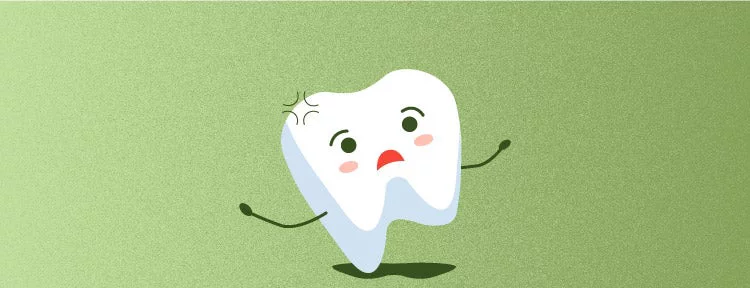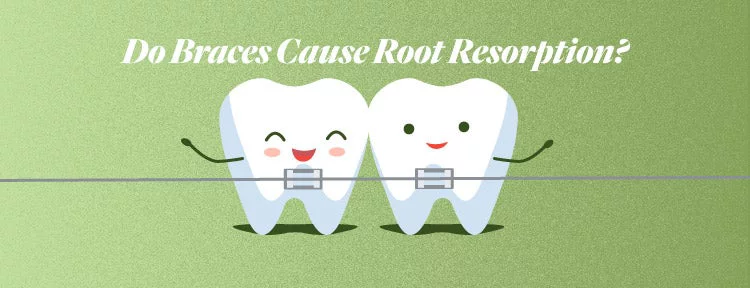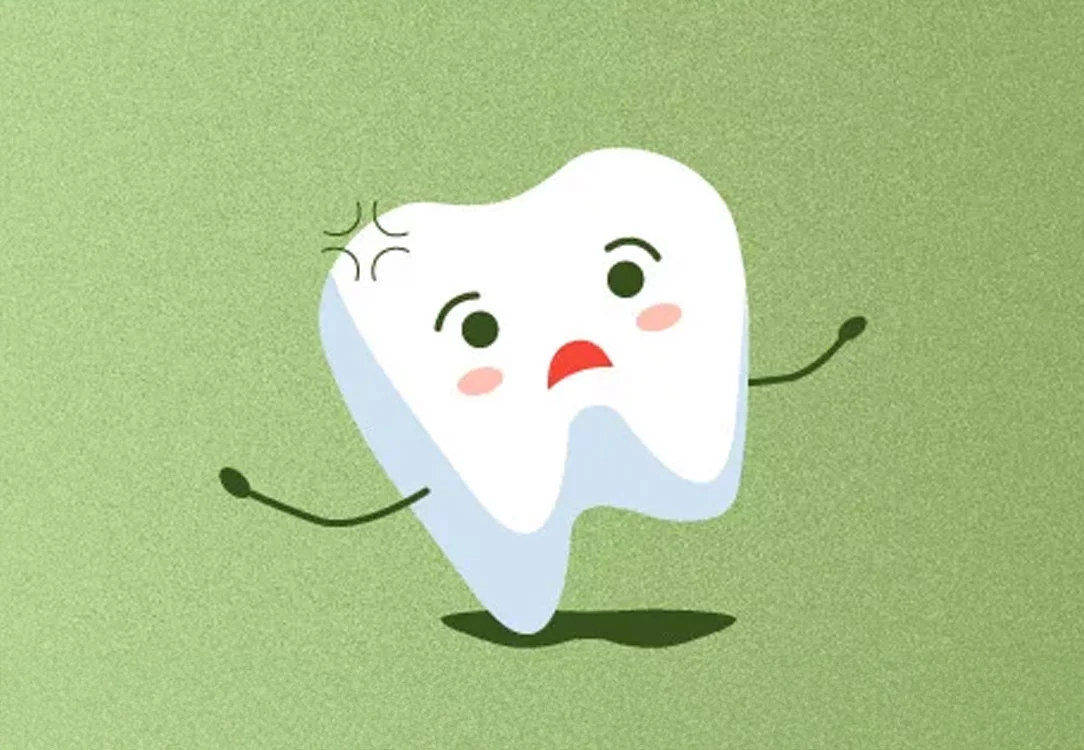What Is Root Resorption?
The process is like losing a baby tooth. When a tooth is ready to dislodge, the body signals to the bone between the baby tooth and the permanent tooth to waste away along with the baby tooth’s root.
What Causes Tooth Resorption?
Tooth resorption occurs outside the baby tooth-losing window. It most often occurs in people between the ages of 21 and 30 and is more prevalent in women than men.
- Tooth nerve infection
- Gum infection
- Tooth movement stemming from orthodontic treatment
- Tooth impaction
- Chronic teeth grinding
What Are Short Teeth Roots?

How Common are Short Roots?
Tooth root resorption isn't that common, though. It only impacts less than 10% of the general population who haven't had orthodontic work done.
Do Teeth Roots Shorten with Age?
As mentioned, root resorption occurs mostly in folks between the ages of 21 and 30. It doesn’t appear to be a common oral health issue associated with gaining, such as bad breath or dry mouth. While tooth loss is common in older people, that is more likely a result of gum disease as opposed to short roots.
Do Braces Shorten Roots?
Tooth root resorption and braces are linked. Braces create pressure to move misaligned teeth to their correct position. That pressure creates enzymes that dissolve existing bone. New bone forms where the tooth needs to be situated.
Once the bone rebuilds itself to accommodate the tooth’s new position, the roots can become shorter in some cases. The root’s length alters simply from moving to its new location. The braces process shortens a tooth’s root between 5% to 15%. This is totally normal and probably not even noticeable.

How To Treat Root Resorption?
Tooth root resorption treatment options vary depending on the specific cause. Your dentist might take imaging tests before determining any treatment course of action. The images will aid in showing the severity of the resorption. A mild case might only involve treating symptoms such as pain and swelling. To determine that the roots are actually "short," consider obtaining an endodontic consult before proceeding with additional treatment.
Once the resorption's severity is understood, the next question is, can the tooth be saved? If the resorption hasn't totally destroyed the remaining tooth root, it can be saved by performing a root canal. A root canal removes the unhealthy nerve tissue from inside the tooth.
The most serious of cases could require a tooth extraction if the resorption is too advanced to treat with a root canal.
Prevention is the best way to treat resorption. Start by practicing regular dental hygiene. That means brushing twice a day using a soft-bristle toothbrush and fluoride toothpaste. Don't forget to clean between your teeth daily with dental floss, a water flosser, or an interdental cleaning device such as an interdental brush. Of course, get regular dental checkups. Your dentist can identify mouth health issues before they become serious.
Find a Dentist Near Me
Consult your dentist to discuss any questions about root resorption and short teeth roots. Or, check out the Smile Generation Find a Dentist tool to find a dentist near you for all your mouth health needs. You can read patient reviews, peruse staff bios, and schedule an appointment online with a click of your mouse.
Find your trusted, local dentist today!
Sources
Somers, Jamie L., Short Roots, Clear Correct, support.clearcorrect.com/hc/en-us/articles/4404294801559-Short-Roots
Root Resorption: Complications, Causes, And Treatment, Colgate, November 24, 2022, https://www.colgate.com/en-us/oral-health/adult-oral-care/root-resorption-complications-causes-and-treatment
Roots of your Teeth | Do Braces SHORTEN them?, Papandreas Orthodontics, March 10, 2020, https://drpapandreas.com/do-braces-make-the-roots-of-your-teeth-shorter/
Lamani, Ejvis, et al, “Short Root Anomaly - A Potential “Landmine” for Orthodontic and Orthognathic Surgery Treatment of Patients”, Department of Orthodontics, University of Alabama at Birmingham School of Dentistry, July-Dec 2017, https://www.ncbi.nlm.nih.gov/pmc/articles/PMC5717911/
Tariq, Dr. Junaid, “Tooth Resorption: Internal, External, Causes, Symptoms, and Treatment”, Dentaly, November 17, 2021, https://www.dentaly.org/us/oral-health/tooth-resorption/
Smile Generation blog articles are reviewed by a licensed dental professional before publishing. However, we present this information for educational purposes only with the intent to promote readers’ understanding of oral health and oral healthcare treatment options and technology. We do not intend for our blog content to substitute for professional dental care and clinical advice, diagnosis, or treatment planning provided by a licensed dental professional. Smile Generation always recommends seeking the advice of a dentist, physician, or other licensed healthcare professional for a dental or medical condition or treatment.







